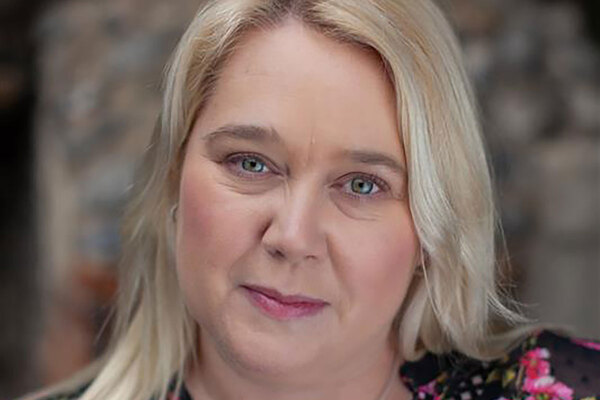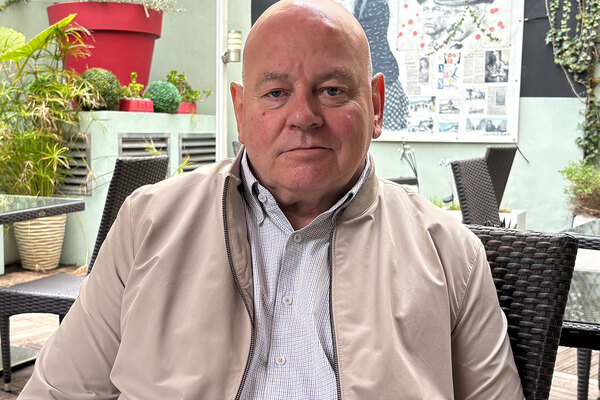G15 giant cuts development pipeline as surplus drops nearly a fifth
Large London landlord Metropolitan Thames Valley Housing (MTVH) has seen its annual surplus fall nearly a fifth, as its development pipeline was cut to reduce its exposure to “market uncertainty”.
The 57,000-home group reported a post-tax surplus of £33.5m in the year to the end of March 2023, an 18% fall on the previous year’s figure of £40.7m.
MTVH’s bottom line was affected by a 6% rise in operating costs to £300.2m, and an increase in interest and financing costs amid a challenging economic environment.
It is the second year in a year row that the landlord has reported a fall in surplus after it was hit in its 2021-22 year by a provision for “non-recoverable” costs from the Worcester Park fire in 2019.
On development, MTVH revealed that it currently has a 3,858-home pipeline, down from 5,527 in the previous year.
“Our pipeline has been reduced in the short to medium term, in order to reduce any potential exposure to market uncertainty created by a number of external economic factors,” the group said.
MTVH has joined other G15 peers, such as L&Q, in cutting its development ambitions as landlords juggle increasingly pressing financial demands.
Despite the tough conditions, MTVH last year struck a 2,500-home joint venture with insurance giant Legal & General, with around 80% of these to be shared ownership.
In its last full year, MTVH completed 657 homes, an 8% drop on the previous year.
Of the homes completed, 308 were for rent, 185 were for shared ownership, 33 were for private sale and 131 were in joint ventures.
On its current stock, MTVH invested £138m, the same amount as the previous year. This included £12.9m spent on fire safety, down from £23m the previous year.
“Although we have continued to build new homes, once again we have not invested as much as we would have liked in this area,” wrote MTVH’s chair Althea Efunshile in its annual report.
The group also revealed that it has established a £1.5m fund to address damp and mould issues, in the wake of the high-profile case of Awaab Ishak in Rochdale.
Turnover at MTVH slid 6% to £387.6m. The group pointed to a “decision to reduce sales volumes and exposure in order to retain our attractiveness to investors”. Its social housing rent accounted for 83% of turnover.
Revenue from shared ownership first tranche sales was £26m, but after costs, the operating surplus from this tenure was £2.7m – down from £5.1m last year.
The group’s overall operating margin fell to 19.4%, compared to 23.5% last year, which it said was “representative of the sector-wide pressure across the cost base while maintaining service levels”.
At year end, MTVH’s EBITDA MRI interest cover, a key indicator of an organisation’s ability to cover ongoing finance costs, was 105.6%. However, this has since fallen to 95.2% due to the “lower operating surplus and the elevated funding environment”, the group said.
Gearing was 36.9% compared to 38% last year and net debt at year end was flat at £1.8bn.
MTVH also announced that its chief financial officer, Ian Johnson, has taken a three-month sabbatical, but did not disclose the nature of the break in a filing yesterday. Alykhan Meghani, MTVH’s finance director, has stepped up on an interim basis.
When contacted by Inside Housing, an MTVH spokesperson said: “Ian is simply taking three months out and we look forward to welcoming him back to his role at the end of October.”
Meanwhile Jane Long, the group’s executive director of corporate services, is leaving in mid-November to become chief executive of a children’s hospice.
The spokesperson added: “Though we are sorry to be losing her, we thank her for her four years with us and wish her well in her exciting new role. We have yet to advertise as we review this post.”
Sign up for our development and finance newsletter
Already have an account? Click here to manage your newsletters












